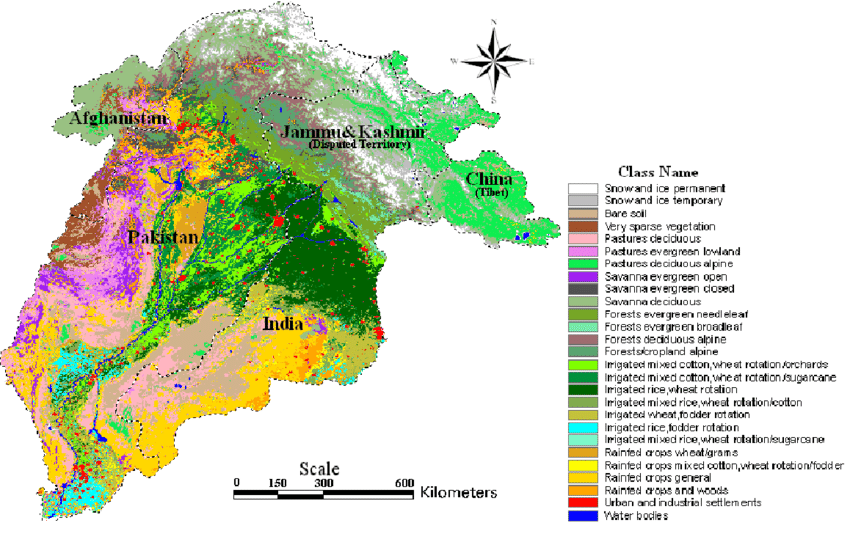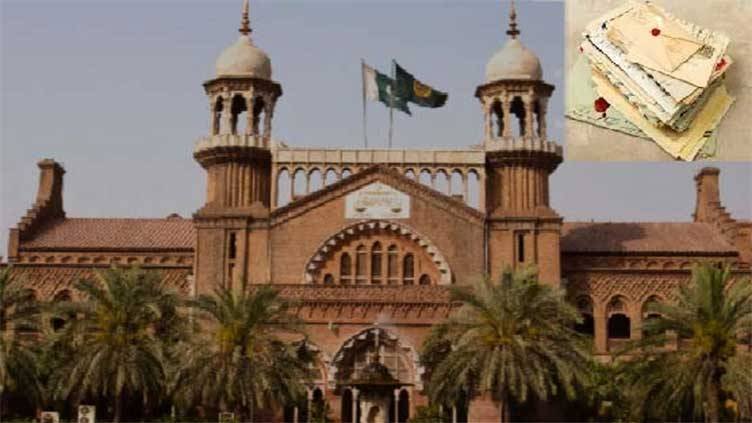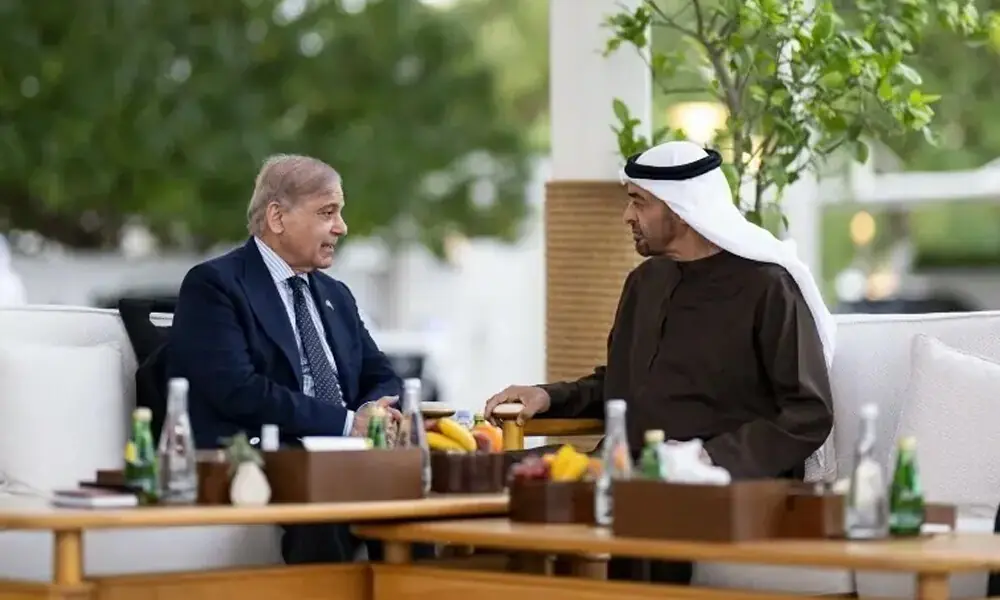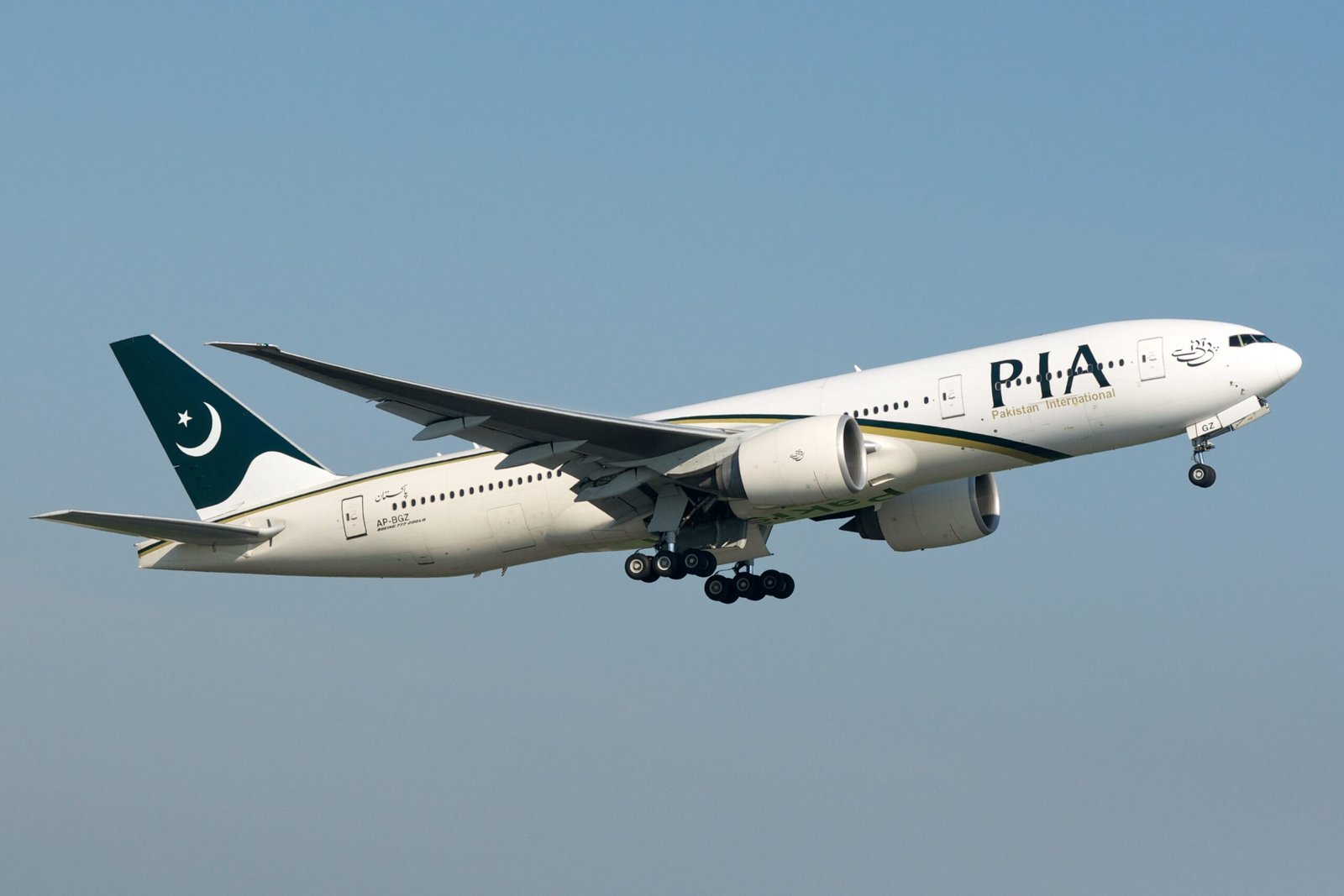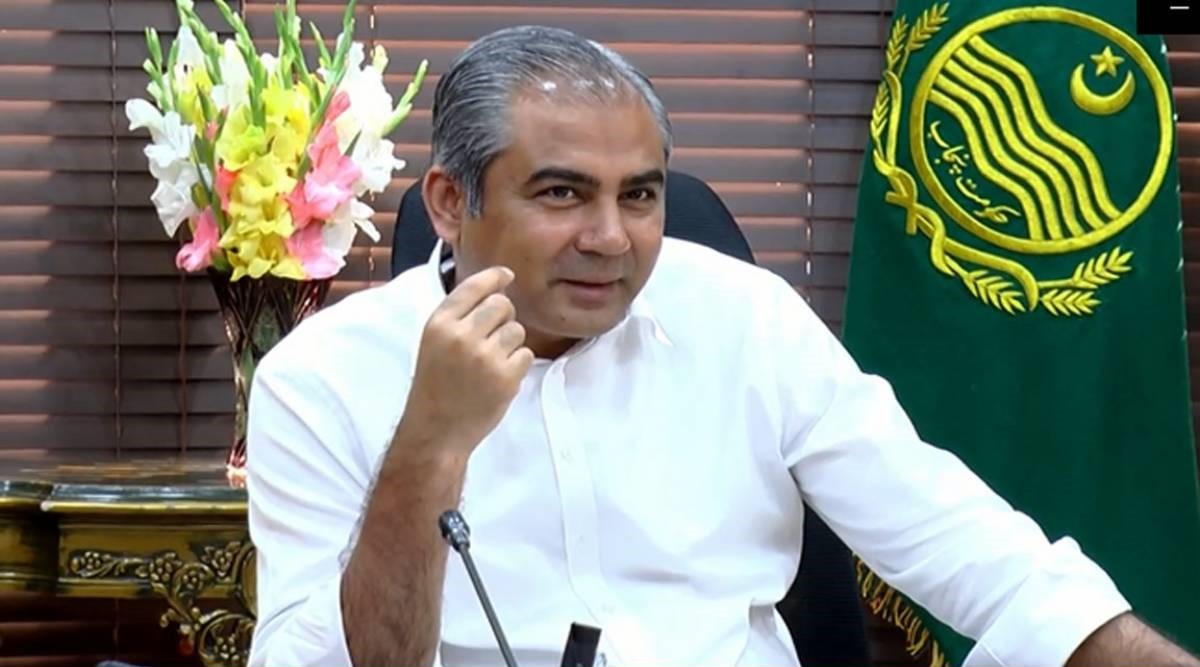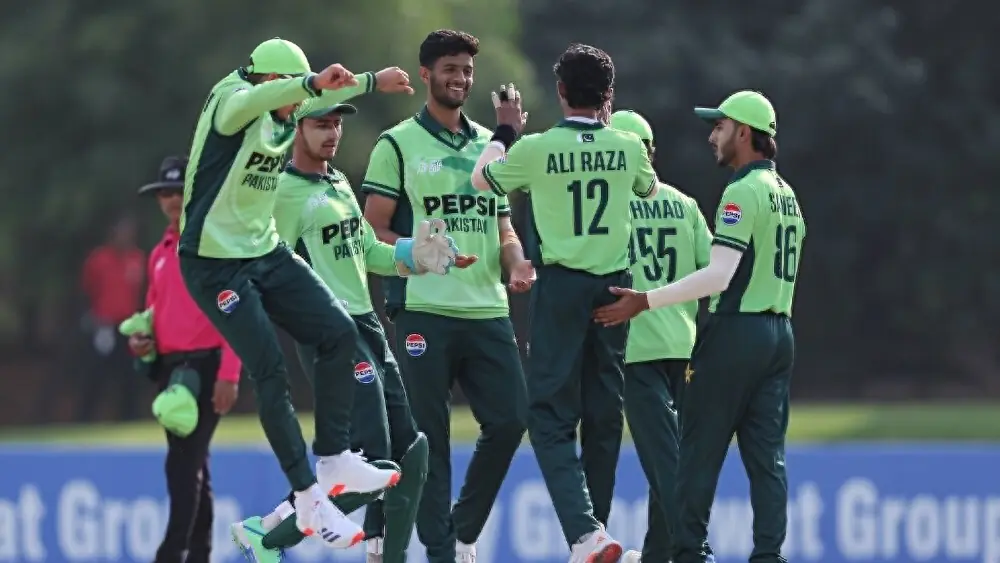A heated exchange erupted between the Punjab and Sindh governments on Saturday over proposed canal development projects, with the Punjab Information Minister accusing Sindh of politicizing the Cholistan canals project. In response, Sindh’s Senior Minister for Information, Sharjeel Inam Memon, questioned the authority of the president to approve such projects.
At a press conference in Lahore, Punjab Information Minister Azma Bukhari stated that the Cholistan canals project had already been approved by President Asif Ali Zardari and criticized Sindh for using the issue for political gain. She emphasized that the project could not be resolved through rallies or media statements, but rather through constructive dialogue.
In contrast, Memon, speaking in Karachi, asserted that the Pakistan Peoples Party (PPP) would not allow new canals to be constructed, aligning with the opposition from Sindh’s people. He noted that PPP Chairman Bilawal Bhutto-Zardari had clearly stated that the party stood firmly with the people of Sindh and would prevent any new irrigation canals on the Indus River. Memon also raised concerns about the lack of communication from Punjab regarding the source of water for these new canals.
Memon took aim at Bukhari’s remarks, pointing out that it was not within the president’s authority to approve new development projects, as per the Constitution. He also assured that PPP would maintain a peaceful, mature approach to politics while safeguarding the interests of the people of Sindh.
The dispute stems from the broader issue of inter-provincial water distribution and the proposed construction of new canals, which has been a contentious subject in Pakistan for decades. Memon recalled that Shaheed Benazir Bhutto had led protests against similar projects in the past, including the controversial Kalabagh Dam, which PPP opposed.
The controversy also highlighted broader political dynamics, with Memon accusing the Punjab government of trying to drive a wedge between PPP and the federal government. Meanwhile, Bukhari highlighted the positive developments in the country, mentioning public relief initiatives and criticizing media figures who had criticized the government.
As tensions rise over the canal issue, the debate over provincial rights, water resources, and political allegiances continues to divide the nation’s political landscape.



